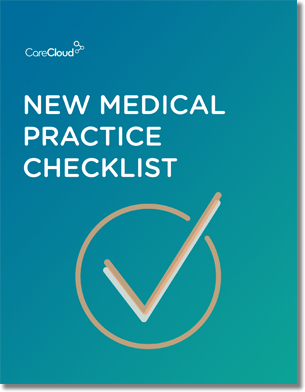The Centers for Medicare & Medicaid Services recently released an update on its Medicare Fee-for-Service Recovery Audit Program, which revealed $684.8 million in improper payments since the fiscal year 2010.
The overpayments collected in FY 2011 have already been more than three times greater than overpayments collected in FY 2010. The CMS collected $75.4 million in FY 2010 and has collected $233.4 million through three quarters of FY 2011.
The Recovery Audit program is part of the Tax Relief and Health Care Act of 2006 and employs CMS contractors to detect and correct past improper payments.
Whether the system is doing a better job of catching improper payments and correcting them or just making it more difficult for providers to get paid has yet to be determined.
Top CMS Audit Recovery Overpayment Issues
Medical necessity for renal and urinary tract disorders without proper medical documentation that is complete and supports all services provided.
Incorrect coding of operating room procedures unrelated to principal diagnosis creates an error due to incorrect principal or secondary diagnosis, resulting in improper Medicare Severity Diagnosis-Related Group assignment.
Billing for bundled services separately when it comes to Durable Medical Equipment, Prosthetics, Orthotics, and Supplies (DMEPOS) provided during an inpatient stay. Suppliers are mistakenly receiving separate DMEPOS payments when the patient is covered under the inpatient stay.
Medical necessity of minor surgery or other treatment billed as inpatient when patients with known conditions enter the hospital for a specific treatment and stay less than 24 hours. Beneficiaries should be billed as an outpatient for Medicare coverage purposes.
Who Is Being Audited?
The Medicaid Integrity Program (MIP) is also auditing providers as part of an effort to rein in healthcare spending. As in the case of Medicare audits, its effects are widespread.
“Any Medicaid provider may be audited, including, but not limited to, fee-for-service providers, institutional and non-institutional, as well as managed care entities,” according to the MIP fact sheet.
Providers who receive an audit notification from the CMS must gather requested documents and provide them to the audit contractors within the required timeframe, usually at least two weeks.
As the government looks to get its fiscal house in order, it may be the medical community that pays the biggest price. If your practice is not meticulous with coding, notes, and records to help prevent costly and time-consuming audits, you may wind up giving money back to Medicare and Medicaid.
For more info, check out these common questions about CMS audits.
Has your practice had to deal with a CMS audit? Share your story.

Do you know what you need when setting up a new medical practice?



